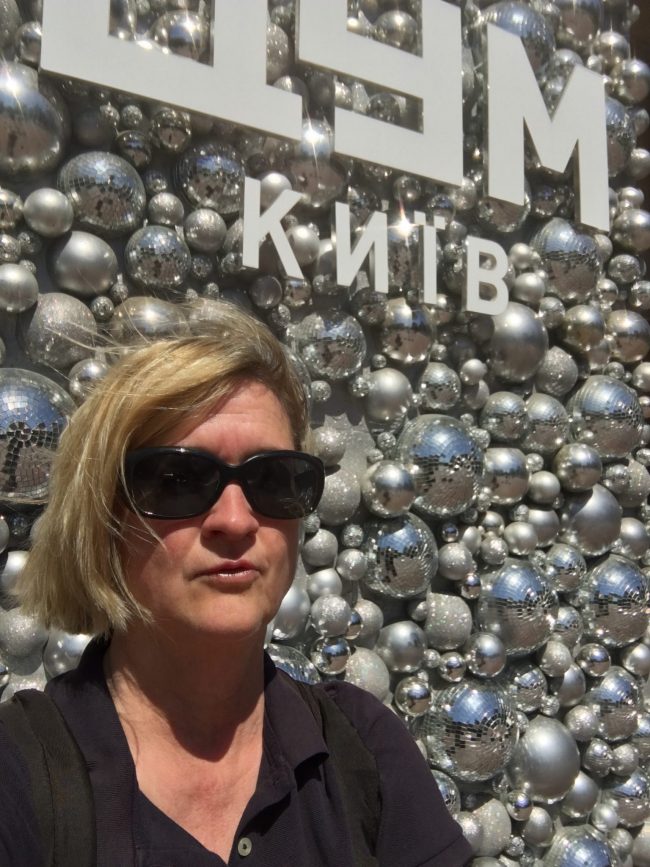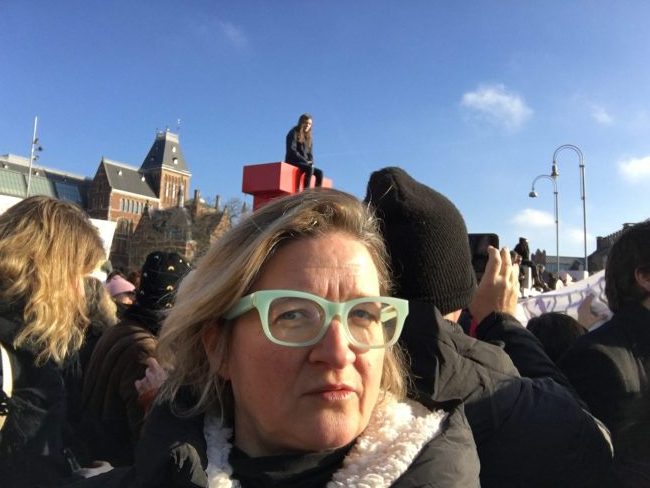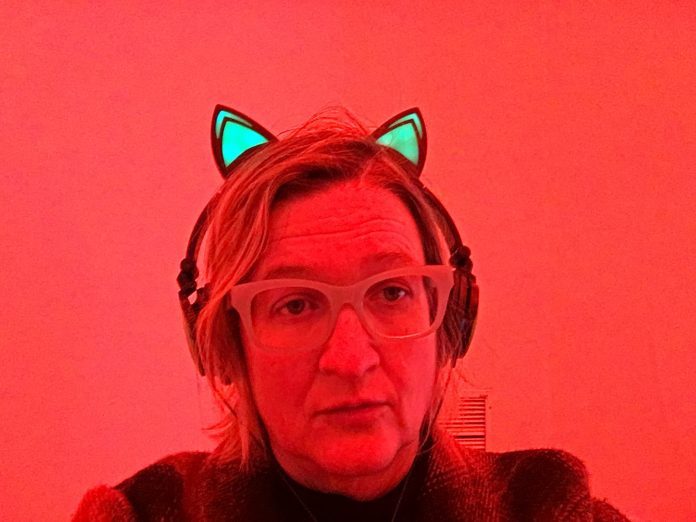Professor of English and American Studies Elizabeth Losh teaches courses on digital culture, social media, game studies, digital humanities and the longer history of “new” media. In a time such as this, digital platforms have become even more essential, providing everything from the latest news to academic papers.
“I am fortunate to have a lot of freedom in what I teach since there isn’t an established digital studies curriculum right now at William & Mary — although groups like the eSports initiative are trying to create more structured course offerings for interested students,” Losh said in an email.
“I am fortunate to have a lot of freedom in what I teach since there isn’t an established digital studies curriculum right now at William & Mary — although groups like the eSports initiative are trying to create more structured course offerings for interested students,” Losh said in an email.
“Many of these courses — like Gender and Digital Culture or Gender, Sexuality, and Gaming — combine digital topics with feminist or queer theory, which works well since I am directing Gender, Sexuality, and Women’s Studies and The Equality Lab right now.”
Alongside her current role in directing, Losh is currently working on a book — a new addition to the six manuscripts she’s already published.
“I just finished a book about social media (and mobile apps) in the Obama and Trump administration,” Losh said. “I interviewed several White House insiders for this project, and I even got amazing stories from the publicist who taught Donald Trump how to tweet.”

Her previous works — three monographs, two edited collections and a comic book — have also bridged the gap between academics and media.
“I enjoy working on projects intended to reach a broader audience,” Losh said. “‘Hashtag’ covered topics very much in the news, including online activism and the rising roles of internet influencers in society. It’s a slim little book that is designed to be approachable and informative for people who don’t use hashtags or know much about them. We also just finished a new edition (the third) of our graphic book ‘Understanding Rhetoric’ with a whole new section on fake news.”
Through her writing, Losh hopes to encourage readers to participate in digital culture, whether it is via online learning or citizens exploring online activism.
“I want to spread expertise, so people feel more confidence and agency to demand real digital rights and acquire deep digital literacy as members of their communities and the broader culture,” Losh said. “Leaving it up to tech companies has never seemed like a good idea to me.”
Although inspiring her audience was always her main goal, Losh also gained personal fulfillment from finishing her projects.
“It’s wonderful to get that first box of books and open them up and hold them in your hand as physical objects,” Losh said. “I also like the feeling of finishing a book manuscript. I tend to speed up my work writing as I reach the end of a big writing project like a book, so it is exciting to feel motivated and in-the-flow of creative inspiration.”
When asked about her greatest influence, Losh emphasized that members of the feminist technology collective FemTechNet have been her friends, colleagues and inspiration for over a decade.
“From getting more people to edit Wikipedia to creating tools to counter online misogyny and racism, FemTechNet is doing ground-breaking practical and theoretical work,” Losh said. “I feel fortunate to be part of several international research groups founded by members of the collective, including those that cover interesting topics like computer simulation or machine vision.”
“From getting more people to edit Wikipedia to creating tools to counter online misogyny and racism, FemTechNet is doing ground-breaking practical and theoretical work,” Losh said. “I feel fortunate to be part of several international research groups founded by members of the collective, including those that cover interesting topics like computer simulation or machine vision.”
Losh holds a Bachelor of Arts, Master of Fine Arts, Master of Arts and a doctorate in English, underscoring her passion for the field. Even as a child, English was Losh’s favorite subject. She won prizes in middle school and high school from English faculty, foreshadowing her future career. Her passion for American Studies, however, would come a little later.
“I began moving into American Studies as I was researching my first book on digital rhetoric,” Losh said. “I was using both archival research and field research methods, and I found myself becoming much more interdisciplinary in my perspectives.”

As an undergraduate at Harvard University, Losh continued her zeal for English by working as an editor for the campus humor magazine, The Harvard Lampoon.
“It was fun to work on a nationally distributed parody of USA Today,” Losh said. “I would say that having a somewhat irreverent attitude and interest in working with different writing partners (and visual artists) was something that I did develop in college there.”
After her undergraduate degree, Losh decided to pursue her academic career, and the College of William and Mary seemed like the perfect place to teach. Washington D.C. carried large appeal, as she conducts research in the city and also writes about political rhetoric. Furthermore, Losh wanted to lead digital humanities initiatives.
“William and Mary is in the center of a cluster of very innovative campuses in the digital humanities, and it has been great to work with groups like the Chesapeake Digital Humanities Consortium and bring interesting guests to campus,” Losh said.
Losh added that the College is known for deep traditions in the liberal arts and has begun the process of acknowledging its role in legacies of slavery, segregation and Jim Crow laws.
With regard to her courses at the College and future projects, Losh explained that there are copious connections between academics and the digital world.
“I think students enjoy seeing how they can connect their everyday 21st-century digital practices both to contemporary issues about race, gender, sexuality, nationality, and ability and to enduring questions about representation, literacy, aesthetics, mediation, and political theory,” Losh said.

